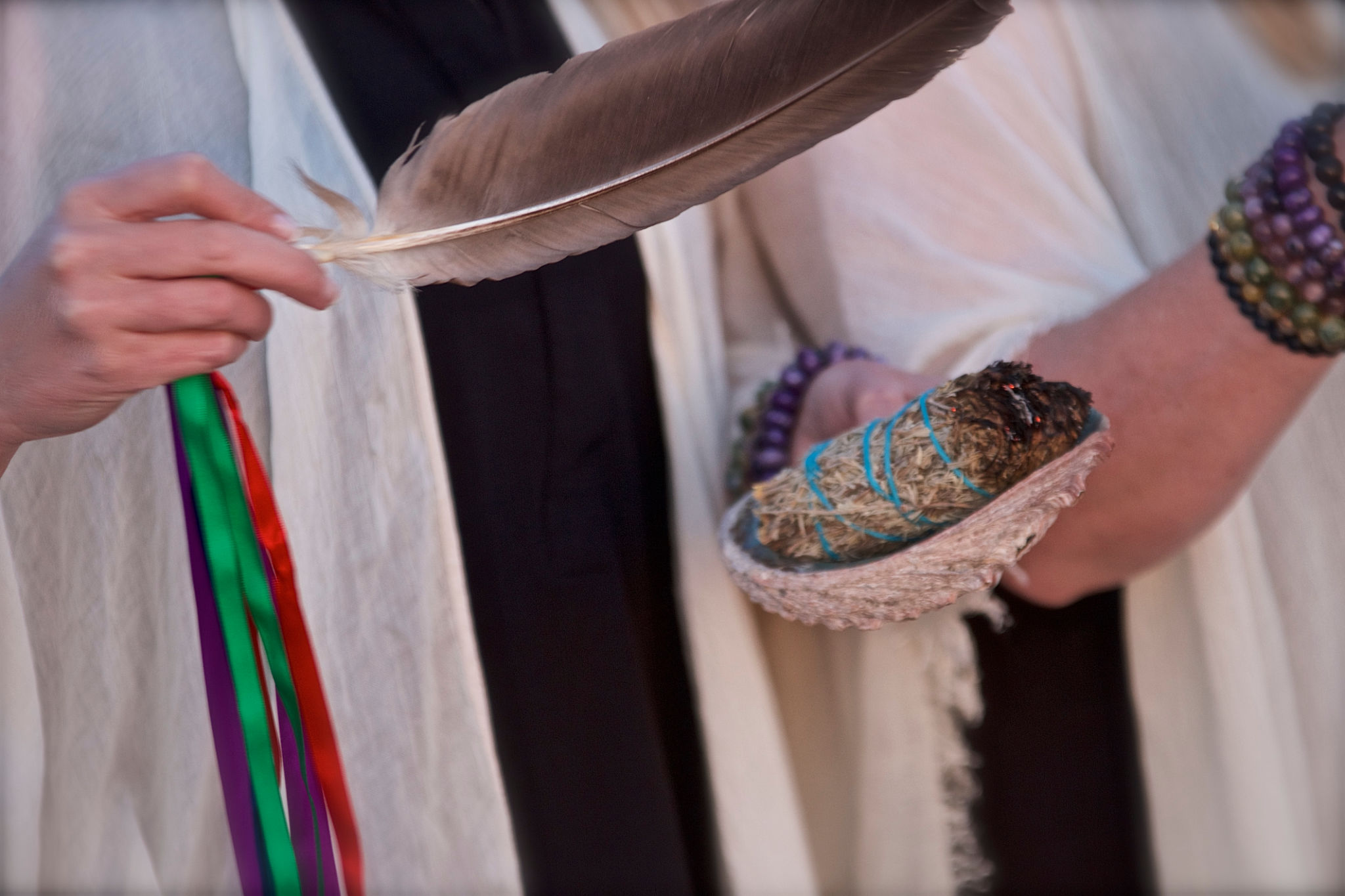The Art of African Masks: History, Craftsmanship, and Cultural Significance
Introduction to African Masks
African masks are not only artistic masterpieces but also hold immense cultural and spiritual significance. These masks are integral to various African traditions, symbolizing different meanings and playing a significant role in rituals and ceremonies. From the intricate designs to the profound symbolism, African masks are a testament to the rich cultural heritage of the continent.

Historical Background
The history of African masks dates back thousands of years, with evidence of their use found in rock paintings and archaeological sites. Traditionally, masks were used in religious and social events to represent the spirits of ancestors or to convey mythical stories and moral lessons. Over time, they have become symbolic artifacts that reflect the diverse cultures across Africa.
Each region has its own unique style and tradition of mask-making, influenced by local beliefs and customs. For example, the Baule masks from Côte d'Ivoire are renowned for their refined elegance, while the bold and abstract designs of the Bwa masks from Burkina Faso are equally captivating.
The Craftsmanship Behind African Masks
The creation of an African mask is a meticulous process that involves skilled craftsmanship. Artisans often use materials such as wood, ivory, stone, or metals to craft these masks, each chosen for its specific properties and cultural significance. The process may also include painting, carving, and embellishing with feathers, beads, or textiles.

The craftsmanship is not only about aesthetic appeal but also about imbuing the mask with spiritual power. The design elements are carefully chosen to convey specific traits or characteristics associated with the mask's intended use. The artisans often undergo extensive training and apprenticeship to master the intricate techniques required.
Cultural Significance
African masks are deeply embedded in cultural practices and are often used in ceremonies related to harvests, initiations, funerals, and celebrations. They serve as a bridge between the physical and spiritual worlds, allowing wearers to communicate with ancestors and deities. The masks' symbolic meanings are diverse, representing aspects such as fertility, protection, bravery, and wisdom.

In many African cultures, masks are believed to have their own life force. They are considered sacred objects that demand respect and reverence. The person wearing the mask often undergoes a transformation, embodying the persona or spirit that the mask represents.
The Influence of African Masks on Modern Art
African masks have not only shaped cultural traditions but have also significantly influenced modern art movements. Renowned artists like Pablo Picasso and Henri Matisse drew inspiration from the abstract forms and expressive features of African masks. This cross-cultural influence has contributed to a broader appreciation of African art on the global stage.
Today, African masks continue to inspire contemporary artists and designers, who reinterpret traditional motifs in new and innovative ways. This ongoing dialogue between past and present keeps the art form vibrant and relevant.
Conclusion
The art of African masks offers a window into the continent's rich tapestry of history, culture, and spirituality. By understanding their historical context, craftsmanship, and cultural significance, we gain a deeper appreciation for these remarkable artifacts. African masks are not only artistic masterpieces but also vital components of cultural identity that continue to inspire and captivate audiences around the world.
